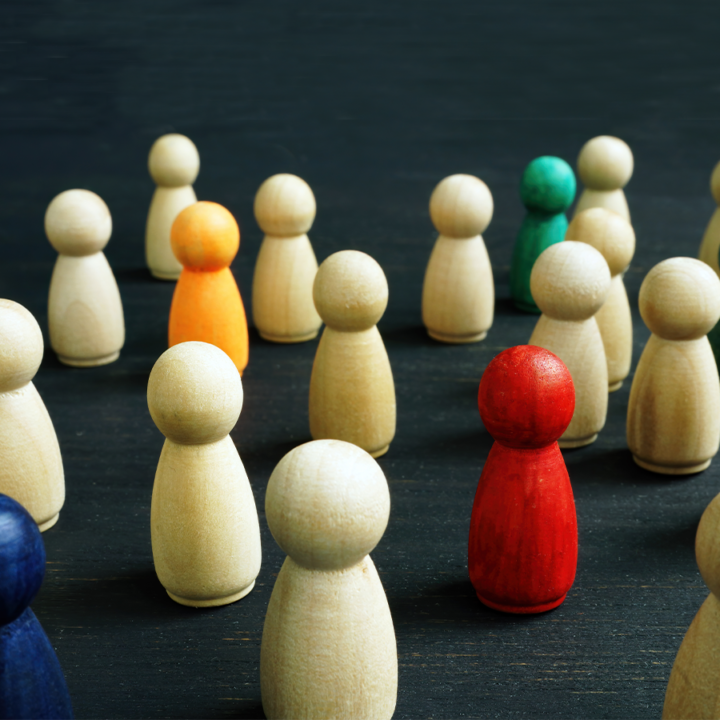Guest post by Megan Beaver, M.S., CCC-SLP, in partnership with eLuma Online Therapy.
No matter who we are, we have biases. This is because bias is developed through a combination of our upbringing, education, and our many experiences in the world. The way we behave at home, in school, at work, and as leaders can be influenced by these biases, and so can the way we process incoming information and stimuli. This means that we have work to do to release negative biases. We are each responsible for learning about, acknowledging, and reshaping our biases so we can become strong allies for the individuals and groups disadvantaged by them.
Recognizing unconscious bias in yourself
Starting the journey toward becoming more fair and a better ally can be daunting. Where do we begin? Finding some courage might be a good first step. Thinking about and discussing the ways we have been unfair in our lives can be difficult and uncomfortable. Confronting these thoughts internally might require quiet courage, while discussing these thoughts with others needs bolder courage.
“Courage is not the absence of fear, but rather the assessment that something else is more important than fear.”
– Franklin D. Roosevelt
With courage in hand, we can commit to acknowledging and identifying some of the unconscious biases that we may have or that others may experience. To help us with identification, let’s take a look at how biases surface differently depending on the situation:
Types of bias that can occur when we need to manage large amounts of information:
- Confirmation Bias: Seeking or seeing information or patterns that support our current beliefs
- Anchoring Bias: Using the first bit of information that we come across as fact
Bias that can happen when feelings begin to override facts:
- In-group Bias: Favoring people who are like ourselves
- Attribution Bias: Judging others based on their actions, but judging ourselves based on our intent
Bias that arises when we let our past influence the present:
- Negativity Bias: Forming opinions based on negative experiences over positive ones
- Sunk-cost Bias: Continuing along a path that is not working just because you have invested time and effort in that path
Once you have gained a better understanding of the types of bias and identified the ones you may be holding, the next step is to sit with them. Deeply consider where your biases may have come from. Wonder how they may have impacted others. Understand that you can release biases and move forward as a more informed person without beating yourself up for what happened in the past.
Give yourself time and space to think, and try these prompts as thought-starters:
- Make space for yourself to learn more about your bias(es) and how they came to be
- Be intentional with conversations that will help you gain more knowledge in social justice areas and broaden your perspectives where needed.
- Spend supportive time with those who experience bias – acknowledgment, listening, and allyship go a long way.
- Practice mindfulness, which allows you to pause, identify possible bias(es) and reframe those thoughts.
- Permit yourself to be imperfect. Your acts of being an ally will be a work in progress. If you come from a humble place and look to do better in the future, then your efforts are not lost.
Wishing you the best as you start recognizing unconscious bias you may be holding during this lifelong journey to becoming an amazing ally to others. Stay tuned for part two about making changes and moving forward as an ally – coming soon!
The Social Learning Platform has been a true life saver for me, both with time management (I can easily filter exactly what I need from a wealth of choices) and materials that are of exceptional quality and interest to students of all ages. I love how I can create folders of specific materials for each student and I can easily screen share and have the videos, games and worksheets on the screen for my students to engage with.
– A. Waldmann, M.S., CCC-SLP






